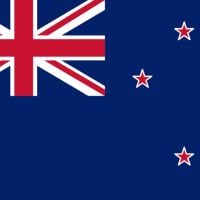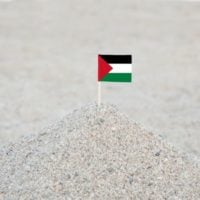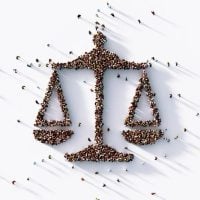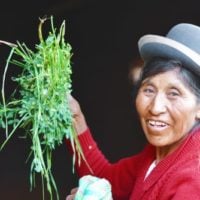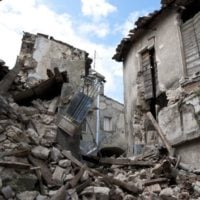Deadline: 8-Apr-22
The Ministry for Europe and Foreign Affairs is pleased to announce a call for projects in support of decentralized cooperation “Equality between Women and Men” aimed at all French metropolitan and overseas local authorities and their foreign partners.
Objectives
This call for projects aims to:
- Support international partnerships between communities and the development of actions aimed at achieving equality between women and men at the local level;
- Highlight equality between women and men as a factor in the development of territories and the implementation of the SDGs;
- Maintain the momentum and the level of collective commitment made during the FGE in favor of equality between women and men;
- Promoting French territorial expertise in matters of equality between women and men.
Its ambition is to support projects corresponding to a level of commitment of “gender markers 2” according to the OECD classification, ie projects dedicated to equality between women and men.
Fields of Intervention
- Gender-Based Violence: It is about designing and implementing concrete actions to respond to gender-based violence against women and girls in all their diversity.
- Justice and economic rights: Economic justice and rights must be guaranteed for women and girls in all their diversity, including adolescent girls, as well as for men and boys.
- Bodily autonomy, sexual and reproductive rights and health: Women and girls, in all their diversity, must be empowered to exercise their sexual and reproductive health and rights (SRHR) and to make autonomous decisions about their bodies, free from coercion, violence and discrimination.
- Feminist Action for Climate Justice: Women are the first victims of climate change but also the first actors to face this challenge, due to their role in production (they are the majority in agriculture) and access to resources. It is about promoting gender-just climate solutions, especially at local and rural levels.
- Technologies and innovations for equality between women and men: It is about ensuring that women and girls in their diversity have equal opportunity to safely and meaningfully access, use, lead and design technology and innovation with freedom. of expression, joy and unlimited potential.
- Feminist movements and leadership: Feminist leaders, movements and organizations, including those led by transgender, intersex and non-binary people, Indigenous women, women and people with disabilities, young feminists and other historically marginalized people, must be able to access and fully benefit the resources and support needed to sustain their actions. These people must be able to carry out their work without fear of reprisal to advance gender equality, peace and human rights for all.
- “Women, Peace and Security” Agenda: United Nations Security Council Resolution 1325, “Women, Peace and Security”, adopted on October 31, 2000, aims to increase the participation of women in the prevention and resolution of conflicts, as well as in the consolidation of peace. This agenda attests on the one hand that women and girls are more victims and weakened by conflicts (they are the targets of specific violence, are more numerous within refugee/displaced populations, have fewer resources to protect themselves) and furthermore that they must be fully integrated into the mechanisms aimed at preventing or resolving conflicts.
Duration
Local authorities can submit projects for a period of one year , from the date of notification of the MEAE co-financing agreement.
Criteria
- CTFs must have completed/updated the French Atlas of Decentralized Cooperation with information on all their international partnerships, when submitting the application file and when submitting the report. project execution.
- The CTFs are encouraged to involve feminist organizations from their territory as well as national ones as well as those from the territory of the partner foreign local authority in the structuring and/or the management of their projects, to ensure the relevance and viability of the actions.
- Projects in which the CTFs plan to integrate one or more companies, including from the social and solidarity economy sector, from their territory into their actions (co-financing, provision of expertise, etc.) will be given priority. Similarly, the participation of federative organizations or organizations in relation with companies of the French local authority, such as competitiveness poles, “clusters” and economic development agencies, is encouraged.
For more information, visit https://bit.ly/3nE9qmG



